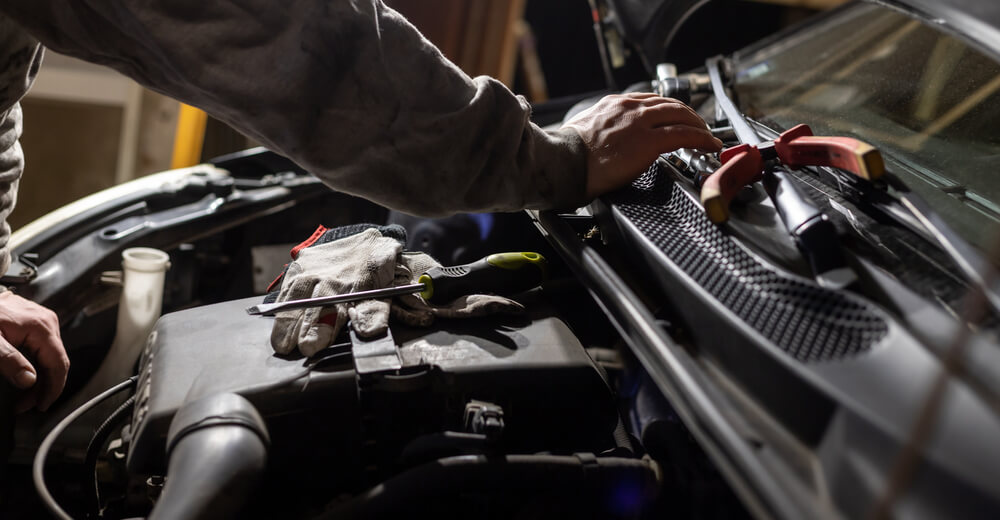What is a fuel filter?
What's on this Page?
What are the symptoms of a bad fuel filter?How do I know if my fuel filter needs changing?How long does a fuel filter last?
20 March 2023 · Last updated on 20 March 2023
A fuel filter should be changed from 30-60,000 kilometres for optimal engine health. In theory, running of an engine is as simple as having the correct mix of fuel and air in the piston cylinder. Out of the many factors that limit the efficiency of an engine is having impurities such as water and dirt in the fuel Foreign particles can make their way into a fuel system through the fuel tank or when the fuel was being transported to the pump. A fuel filter cleans off contaminants in the fuel before it is sent to the engine of a car. Fuel filters have a filter that can catch small particles of debris. The fuel filter has a bowl-like design in diesel engines, trapping water at the bottom as it is denser than diesel.
What are the symptoms of a bad fuel filter?
A fuel pump can fail if it is connected to a clogged fuel filter as it has to pump harder to compensate for the clogged filter. A bad fuel filter may allow contaminants to go into the fuel system of a car. A fuel injector can be easily clogged or start leaking because of the impurities in the fuel. Also, water in the fuel may cause corrosion in the fuel system, leading to extensive engine damage.
How do I know if my fuel filter needs changing?
Like all other parts of a vehicle, a bad fuel filter can choke fuel to a car’s engine and can show the following symptoms.
-
Significant decrease in power in situations with higher load.
-
Misfiring of the engine on idle.
-
Stalling of the engine when pressing the accelerator or randomly.
-
Extended duration of cranking before the engine starts.
-
Significantly decreased fuel economy.
How long does a fuel filter last?
Ideally, a fuel filter should last for 100,000 kilometres before going bad. But practically, a fuel filter should be changed from 30,000 to 60,000 kilometres for optimal engine health. Anything above 150,000 kilometres for a fuel filter can be very detrimental to the health of an engine.








